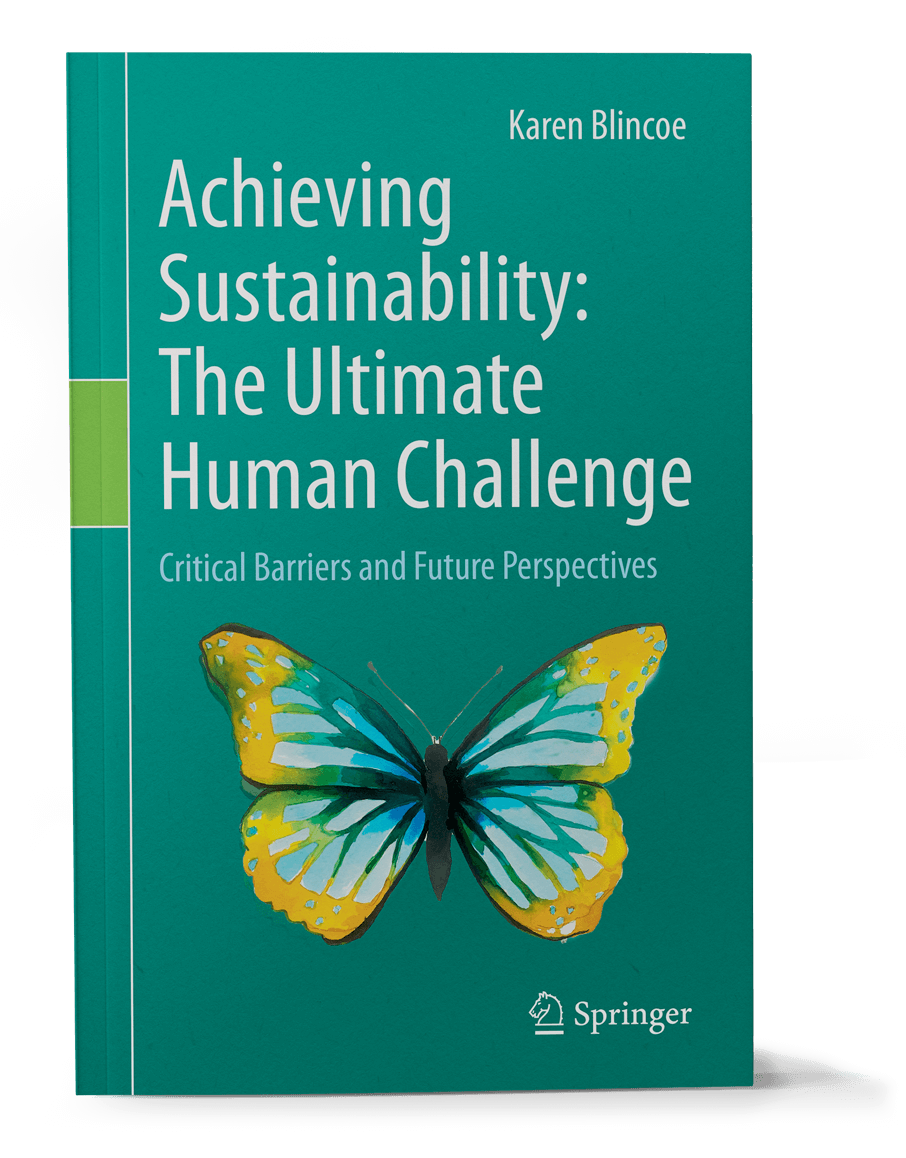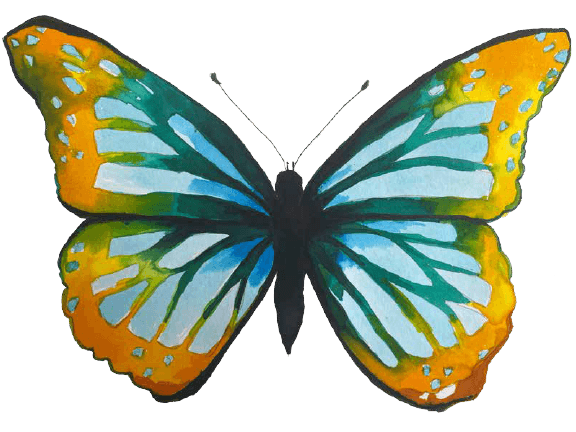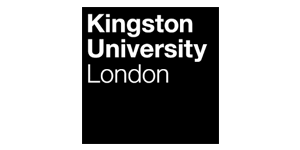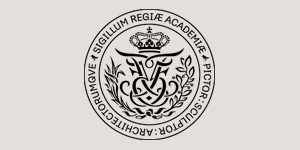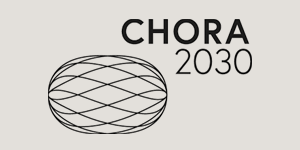Achieving sustainability
The book documents the unfolding of the sustainability concept from its launch in 1987 till today. It provides an assessment of the realisability of sustainability. What are the challenges and the barriers – and the levers necessary to meet and overcome them?
RADICAL CHANGE. The book defines and addresses the deeper levels of the radical change that sustainability represents.
UTOPIAN MODELS. The sustainability model is compared to current development theories as well as alternative solutions based on utopian models in history.
CASE STORIES. The book assesses the results that can be achieved within the current framework, based on three case stories.
A SUSTAINABLE FUTURE. The book offers perspectives on achieving a sustainable future, encompassing the impacts from recent events including the pandemic as well as the mitigation and transition initiatives undertaken globally.
”Like the caterpillar that wraps itself up in its silken swaddling bands prior to its metamorphosis into a butterfly, we have wrapped ourselves in a tangled skin from which we can emerge only by going through a similarly dramatic transformation”
Brian Goodwin
Chapter 1
Introduction to Achieving Sustainability
”Sustainability is an all-encompassing construct. Multidimensional, multi-disciplinary, transnational, transcultural, and essentially holistic. It is the ultimate model for a balanced world and one that promises to sustain human life for generations to come without destroying the biosphere and ecosystems. As such, it represents the next logical and evolutionary step for the human species”.
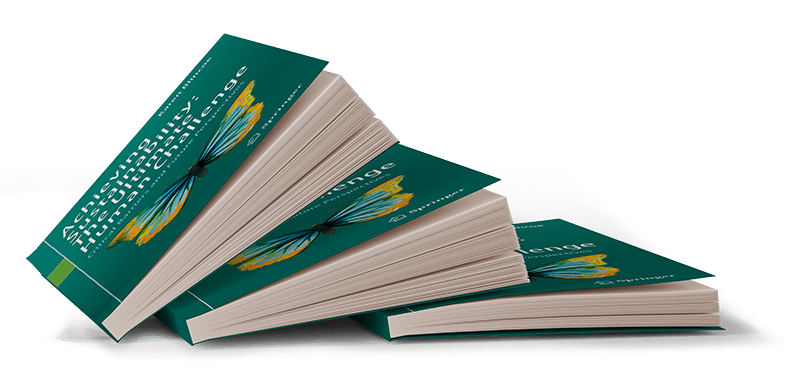

Chapter 2
The Essence of Sustainability
”I will not, in this book, argue for the likely survival of humanity, nor will I argue for the opposite. One part of me thinks that the human species has evolved its need for materialism too fast to become resilient and that we probably will become extinct within the next century or so, depending on the degree to which we continue to erode the base that sustains us.
Another part of me stands back and looks at all that humanity has created, and I believe that we ought to be capable of making our lives sustainable, regenerating, and rewilding nature and learning to live in harmony with it. If we fail, it is not that we cannot; it will be that we will not. We have the knowledge, the technology, the capacity, and the financial capability necessary”.
”Sustainability is an all-encompassing construct. It is multidimensional, multi-disciplinary, transnational, transcultural and essentially holistic. It’s the ultimate utopian model for a balanced world and one that can sustain human life for generations to come without destroying the biosphere and ecosystems”
Karen Blincoe
Chapter 3
The Challenges of the Current Development Model
”It seems then that states lack the capacity to deal with longterm planning in the context of adapting to and mitigating threats such as climate change or engaging in sustainable development. Some say that states are ill-designed for such planning. I don’t believe this is so. When securing resources for future production and consumption, we have seen states engage in detailing long-term planning strategies that have involved wars and the manipulation of international relations.”

”If it is a key responsibility of the state to protect its citizens from crises such as those described in the section above, the state has failed both regarding its short as well as long-term responsibilities related to the climate impact”
Karen Blincoe

Chapter 4
Embracing and Learning from Utopian Thought
”Sustainability and sustainable development can, to a large degree, be regarded as utopian constructs mainly because they imply making a radical societal change from the present to a new and better existence. Regardless of how convenient and undisruptive, it would be to avert the environmental catastrophe with a few reforms, everyone today must realise that this is neither feasible nor realistic. Another conclusion is that drawing from the experience of practical utopian experiments, it is evident that a radical vision cannot be realised within a short time period, whether in relation to establishing new intentional communities, new types of city structures, or developing or promoting political movements. Ideas take time to manifest, grow and mature”.
”We emphatically need a new political-economic theory to save the world, and it will not come from conventional economics”
Peet and Hartwick, 2015
”It is logical to suggest that sustainability is the utopia of the next era”
Karen Blincoe
Chapter 5
Implementing Sustainability in the Current Paradigm
”One local friend maintains: “climate change has always happened during the past thousands of years. Sometimes fast, sometimes slow. But it is changing constantly, nevertheless”. My point, shared by most people today, is this: if there is evidence— and there is overwhelming scientific evidence— that humanity has impacted the climate and the natural habitat adversely, we must, as a conscious species (homo sapiens), take responsibility, reverse the damage, and change our ways. There is no other way forward”.

“The concept of sustainability is fairly straight forward. Achieving sustainability in the real world presents a daunting and complex
challenge”
Kibert et al 2012
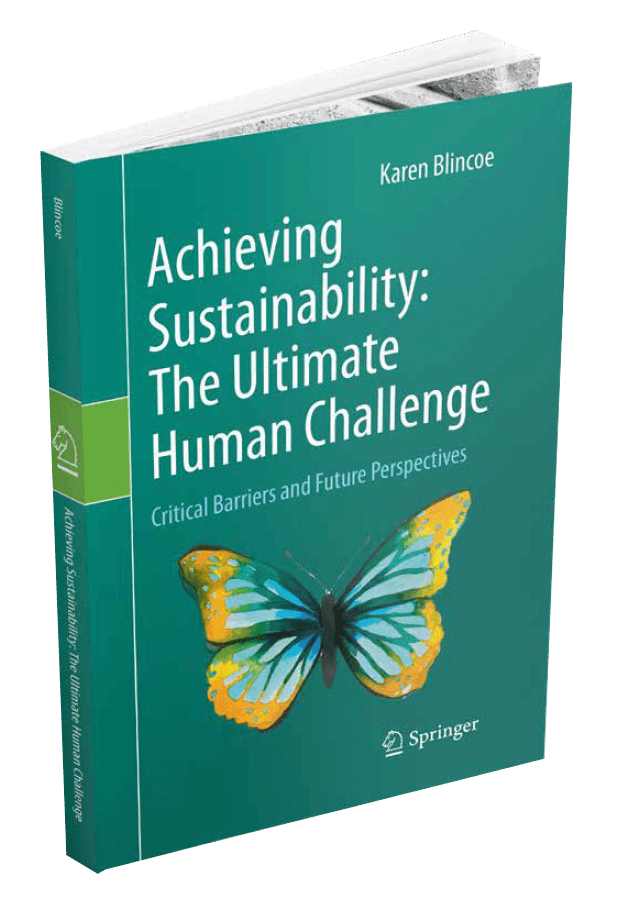
Chapter 6
Three Transition Stories
”For the research, I chose a small island community, a large faith organisation, and a multinational company. It was essential to select diverse examples that were engaged in similar processes to be able to compare similarities and differences viewed from different perspectives. Another consideration when choosing such diversity was, of course, the fact that everyone has to engage in the transition, and that the process of change, therefore, has to be possible for all actors in society”.
”Never doubt that a small group of thoughtful, committed citizens can change the world. Indeed, it is the only thing that ever has”
Margaret Mead 1901-1978
Chapter 7
Barriers Hindering Transition to Sustainability
”The barriers appear to be as interlinked and as interdependent as the sustainability construct itself. Some are broad, difficult obstacles, and some are practical and basic, easy to understand and address. The difficulty closing the gap between theory and the practical application does not seem to be due to a lack of scientific research or technological inventions and know- how, but due to the magnitude and amount of resistance, found everywhere in our society. Some of the barriers are universal and encompass aspects of our cultural and traditional make-up.”


Chapter 8
The Turning has Started
”I do not believe that the ordinary person is to blame, for the state of play. I have in the book mainly pointed at the state. The reason is, that if you have the knowledge and deliberately choose to ignore the facts, that are a detriment to the people you are supposed to protect, you are both responsible and accountable”.
”We are lucky, that today there is a remedy somewhere for most inner and outer disorders or imbalances. For inner well-being, there are numerous practitioners accessible online or offline to talk to and learn from. I said at the beginning of this section that it is important to face and take responsibility for the past. However, remaining and dwelling in a state of guilt, shame, and feeling bad will not help us move on”.
”We have not until now been faced with having to make a conscious, global decision on a path to take that includes and impacts the entire planet and all living species”
Karen Blincoe

